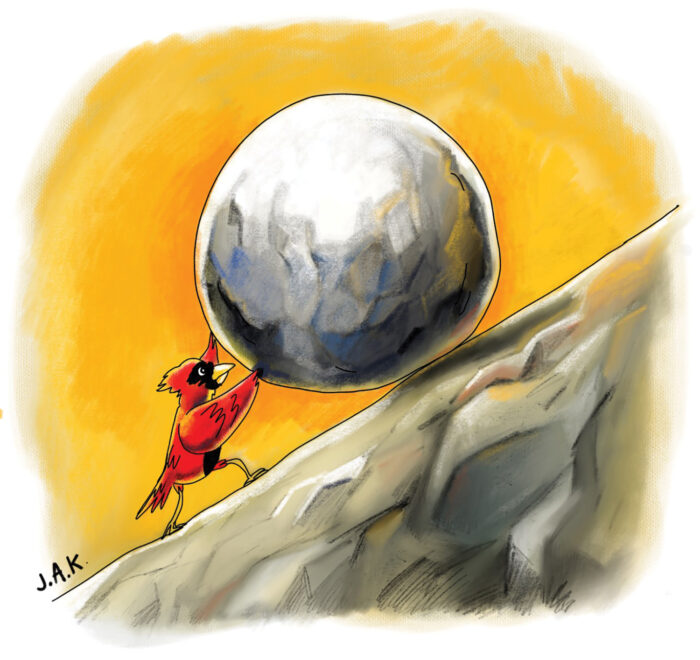Remembering Norm Shapiro
At our Boston-area literary translators’ group meetings, Norman Shapiro was a rare participant, but he always meant to show up, usually when he had a new book he wanted to advertise. I used to say of him that he was like the Messiah: eagerly anticipated but hardly expected. Unlike the Messiah, however, Norm was for many years easily findable in Harvard Square, at a coffee shop, his work spread out on the table before him. As Harvard Square changed over the years, one coffee shop gave way to another. But Norm remained a fixture.
And there was always work. Early on, in addition to his ever-flowing river of translations, there were his own playful Scatastrophes, evidence of the wordplay that showed up even in the protean anagrams of his name that he adopted: Harriman Spoon, Marion Pharnos, et al.
Language, languages, and wordplay were his world. At Wesleyan for a while, he took up the task of learning—and teaching—a new language every semester. Perhaps the most important of these experiments led him to American Sign Language, which he continued to teach and champion after the others dropped behind. I first met him as a professor of French literature, and then as the leader of a workshop in literary translation decades before these workshops became instituted as part of writing curricula. His influence on my own translating goes very deep, although our practices diverged. Some of the books he regularly sent me for review I could wax enthusiastically about, others I felt sometimes overdid their own word games, but I never failed to appreciate the playfulness. In a series of formal interviews Norm gave me for a write-up in Translation Review (“A Satisfying Condition”) I asked him why he enjoyed translating. He answered, “Because it gives me a feeling of accomplishment. It’s a form of artistic self-expression. I’ve met the challenge, and the text can stop thumbing its nose. Before I did it, it didn’t exist. Where there was none before, a translation now exists.”
The monumental achievements of Shapiro’s legacy will be his translations of the fables of La Fontaine and French Women Poets of Nine Centuries: The Distaff and the Pen (which won the National Translation Award in 2009). But his versions of the farces of Feydeau probably best carry his own spirit into the ages.
After all, my favorite anecdote about Norm has nothing to do with language or wordplay. Once, when I was crossing the Wesleyan campus, he recruited me to follow him to Fayerweather Gymnasium. I had no idea what he had in mind, but he led me up to the gallery over the squash court and waited for a ball to come our way. Only then did I see that Norm had brought with him what looked to me like another ordinary black squash ball, and he tossed that one carefully down instead of the ball that had landed at our feet. The player caught it and served it hard, the way you serve a squash ball. This was my introduction to the newly invented “Superball,” with something like a 90% bounce resilience. It rocketed around the walls of the court to the startled amazement of the players, and to my own.
We all knew that Norm had a private life as well, one that he kept guarded in a very French manner: His home was not a place for socializing. In all the years we knew each other, in all the years we met by accident or appointment within a stone’s throw of his Plympton Street apartment, he never once invited me up. Formal meetings were kept for Adams House at Harvard, informal ones took place in the coffee shops.
Some of what Norm thought and practiced—I am thinking specifically of his later political ideas—ran against the grain of most of his colleagues and friends, and he was cautious about expressing his theories to those he didn’t trust. He nursed his grievances with gentle irony and never let them dominate his outlook. His generosity of spirit and general openness belied his own idiosyncratic and sometimes rhetorical stances. It is these, along with his long and varied bibliography, which constitute a rich legacy.
Jim Kates ’67

